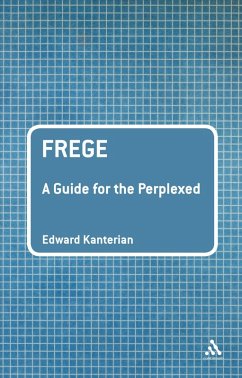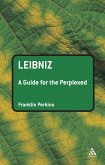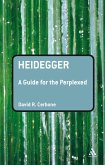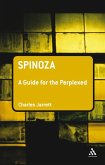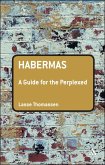Gottlob
Frege (1848-1925) was one of the founders of analytical philosophy and the
greatest innovator in logic since Aristotle. He introduced many influential
philosophical ideas, such as the distinctions between function and argument, or
between sense and reference. However, his thought is not readily accessible to
the non- expert. His conception of logic, which was crucial to his grand
project, the reduction of arithmetic to logic, is especially difficult to
grasp. This book provides a lucid and critical introduction to Frege's logic,
as he developed it in his groundbreaking first book Begriffsschrift (Conceptual Notation, 1879). It guides the reader
directly to the core of Frege's philosophy, and to some of the most pertinent
issues in contemporary philosophy of language, logic, mathematics, and mind.
Unlike most other books, this commentary explains Frege's own logical notation,
allowing students to study and appreciate those aspects of his work that he
valued most but are least understood today.
Frege (1848-1925) was one of the founders of analytical philosophy and the
greatest innovator in logic since Aristotle. He introduced many influential
philosophical ideas, such as the distinctions between function and argument, or
between sense and reference. However, his thought is not readily accessible to
the non- expert. His conception of logic, which was crucial to his grand
project, the reduction of arithmetic to logic, is especially difficult to
grasp. This book provides a lucid and critical introduction to Frege's logic,
as he developed it in his groundbreaking first book Begriffsschrift (Conceptual Notation, 1879). It guides the reader
directly to the core of Frege's philosophy, and to some of the most pertinent
issues in contemporary philosophy of language, logic, mathematics, and mind.
Unlike most other books, this commentary explains Frege's own logical notation,
allowing students to study and appreciate those aspects of his work that he
valued most but are least understood today.

